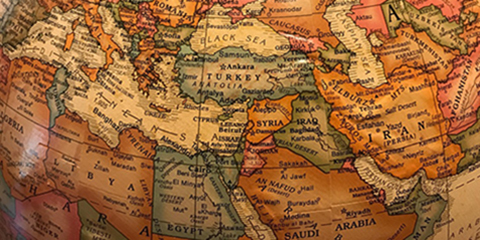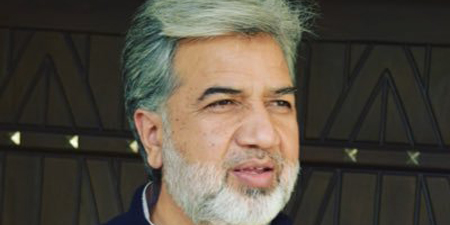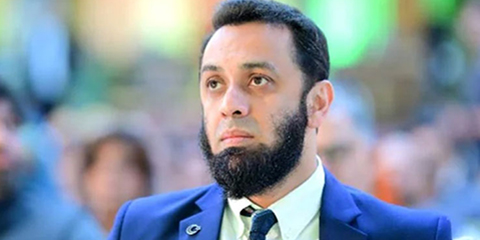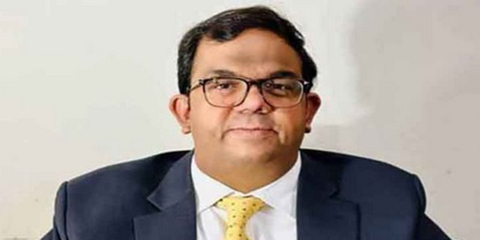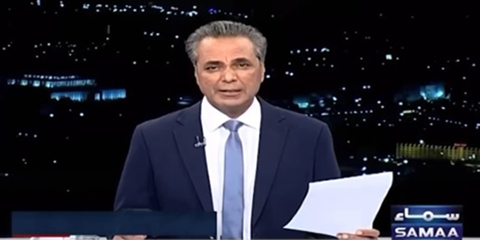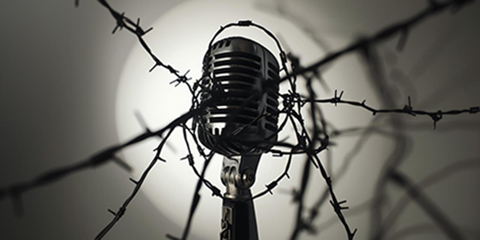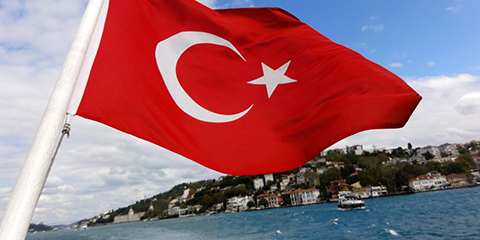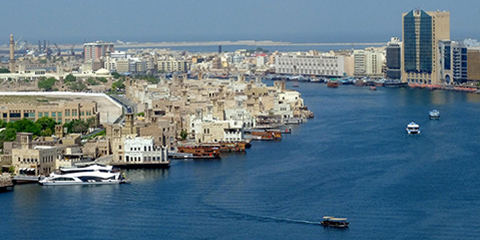Ansar Abbasi wonders when PEMRA will make female anchors wear dupattas
JournalismPakistan.com |
Published 8 years ago
Join our WhatsApp channel
ISLAMABAD: Ansar Abbasi, Editor Investigation at The News, Monday wondered when PEMRA would take a decision to make female anchors on private TV channels wear a dupatta.
In his column in Jang titled PEMRA say juri umidain kab puri hon gi, Abbasi quoted a news item in an Urdu newspaper according to which the Lahore High Court has directed PEMRA to take a decision on female anchors donning a dupatta.
According to the column, LHC Chief Justice Syed Mansoor Ali Shah took up the petition of Shahbaz Mughal, who argued that making female anchors wear a dupatta on private TV channels is the responsibility of PEMRA, which it was not fulfilling.
After the arguments, the court ordered the petitioner to submit an amended petition on making dupatta compulsory for female anchors while PEMRA was asked to listen to the petitioner and take a decision on this matter.
“Now we have to see when PEMRA takes up this issue and what decision it takes,” Abbasi wrote.
Overall the column bemoans the spread of obscenity on private TV channels. “I do not know about constitutional references given in the petition, but I do know that according to the constitution it is the responsibility of the state and its institutions to take such measures to give Muslims in the country an Islamic atmosphere to live.” He added that Islamabad High Court has already directed PEMRA to take steps against obscenity.
During Gen Ziaul Haq’s rule it was compulsory for PTV’s female newscasters, talk show hosts and actresses to cover their heads with a dupatta.
Image: Twitter (@AnsarAAbasi)
Read Next
JournalismPakistan.com launches dedicated Middle East section to deepen regional media coverage
November 07, 2025:
JournalismPakistan.com launches a Middle East section to expand regional reporting. New coverage will follow JP’s editorial SOPs—verification, balanced sourcing, and two-stage review—placed between Asia and World on the Home Page.
Russia slams Pakistan’s Frontier Post for ‘Western bias’; newspaper hits back
November 07, 2025:
Russia accuses Pakistan’s Frontier Post of anti-Russia bias; the paper defends press freedom and independence. A diplomatic clash over media narratives.
Javed Chaudhry signs off from Express News after 18 years on ‘Kal Tak’
November 07, 2025:
Veteran journalist Javed Chaudhry bids farewell to Express News after 18 years on Kal Tak, marking the end of an era in Pakistani television journalism.
Why only Nukta, Mr. Minister? Media workers question government's selective support
November 06, 2025:
Information Minister Attaullah Tarar’s job offer to Nukta staff draws criticism as hundreds of journalists across Pakistan face layoffs, salary delays, and job insecurity.
